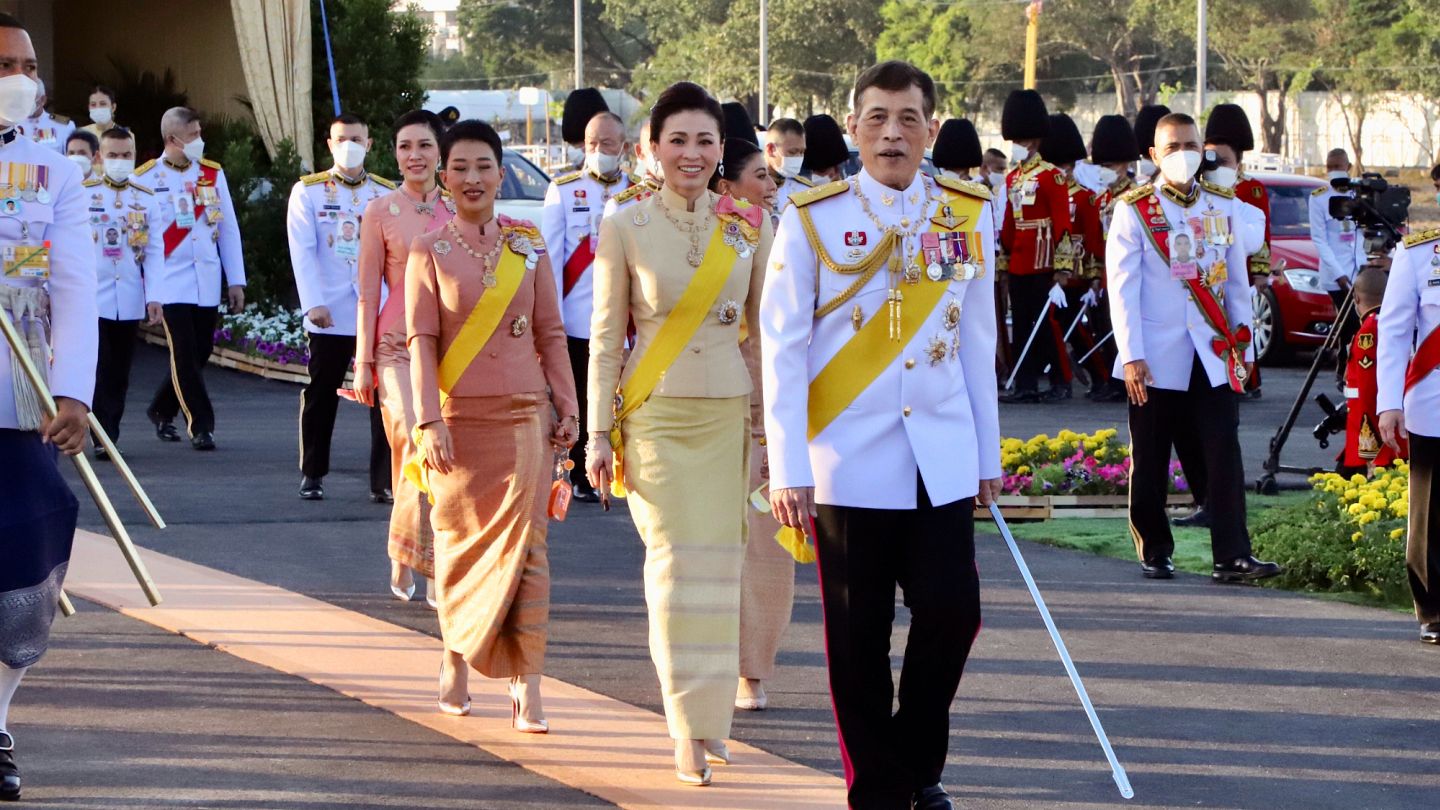An American academic faces years in prison in Thailand for allegedly insulting the monarchy.
American citizen Paul Chambers, a political science lecturer accused of insulting the monarchy in Thailand, denies the charges.
Paul Chambers, a lecturer at Naresuan University in Thailand and an expert on the Thai military, could face years in prison if found guilty under the country's strict lèse-majesté laws. According to Article 112 of the Southeast Asian country's penal code, insulting the king, queen, heir apparent, or regent carries a maximum sentence of 15 years in prison. Chambers is also charged under the Computer Crimes Act, which can lead to up to five years in prison. The 58-year-old from Oklahoma, who denies all charges, was taken into custody on Tuesday to await trial, and his request for bail was denied. The U.S. expressed "concern" over the arrest of an American academic accused of insulting the monarchy in Thailand. The U.S. State Department stated that it would provide consular assistance to Chambers. "This case reinforces our long-standing concerns about the use of lèse-majesté laws in Thailand. We continue to call on Thai authorities to respect freedom of expression and to ensure that the laws are not used to suppress permissible speech," it said. Chambers, who was called in by the police for the first time last week regarding the allegations against him, is being held in Phitsanulok provincial prison. According to a legal defense group, Thai Lawyers for Human Rights, a court on Tuesday denied his release on bail due to the "seriousness of the potential penalty" and Chambers' risk of fleeing. While hundreds of Thai citizens have been sentenced to long prison terms for allegedly insulting the monarchy in recent years, it is rare for Article 112 to be applied to a foreigner. Human rights groups are calling for Chambers' immediate release, describing the charges as "baseless." Elaine Pearson, Asia Director of Human Rights Watch (HRW), stated, "Thai authorities have long used the lèse-majesté law to harass Thai citizens, but now they seem intent on violating the rights of foreigners." "The unfounded prosecution of Paul Chambers poses a serious threat to academic freedom and freedom of expression in Thailand." The Thai military, which has carried out 13 coups since Thailand became a constitutional monarchy in 1932, filed a complaint against Chambers, claiming he is responsible for a post promoting an academic webinar that allegedly criticized the Thai monarchy. The webinar titled "Thailand's 2024 Military and Police Changes: What Do They Mean?" was organized by the ISEAS-Yusof Ishak Institute, a Singaporean think tank, last October. Chambers' wife, Napisa Waitoolkiat, who is the dean of the Faculty of Social Sciences at Naresuan University, stated that her husband did not write the text. "It seems like they are trying to prevent Paul from doing his work and research on issues like the economy of the Thai military," Waitoolkiat said, noting that her husband was not questioned by the police as he usually was before the arrest warrant was issued. According to Thai Human Rights Lawyers, since the beginning of 2020, over 270 people, including many student activists, have been accused of insulting the monarchy. In January, a Thai citizen was sentenced to 50 years in prison under lèse-majesté laws.


